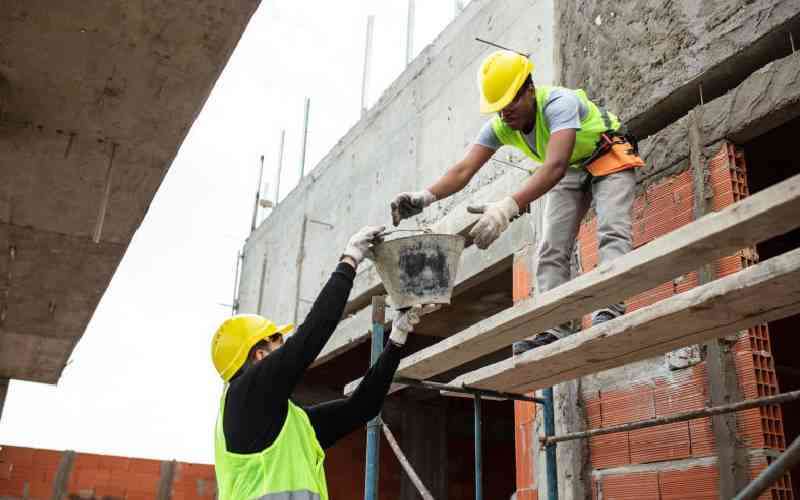×
The Standard e-Paper
Fearless, Trusted News

As a way of cutting costs, many developers avoid the services of qualified experts, which sometimes has tragic consequences in the form of collapsed buildings, leading to the loss of life.







